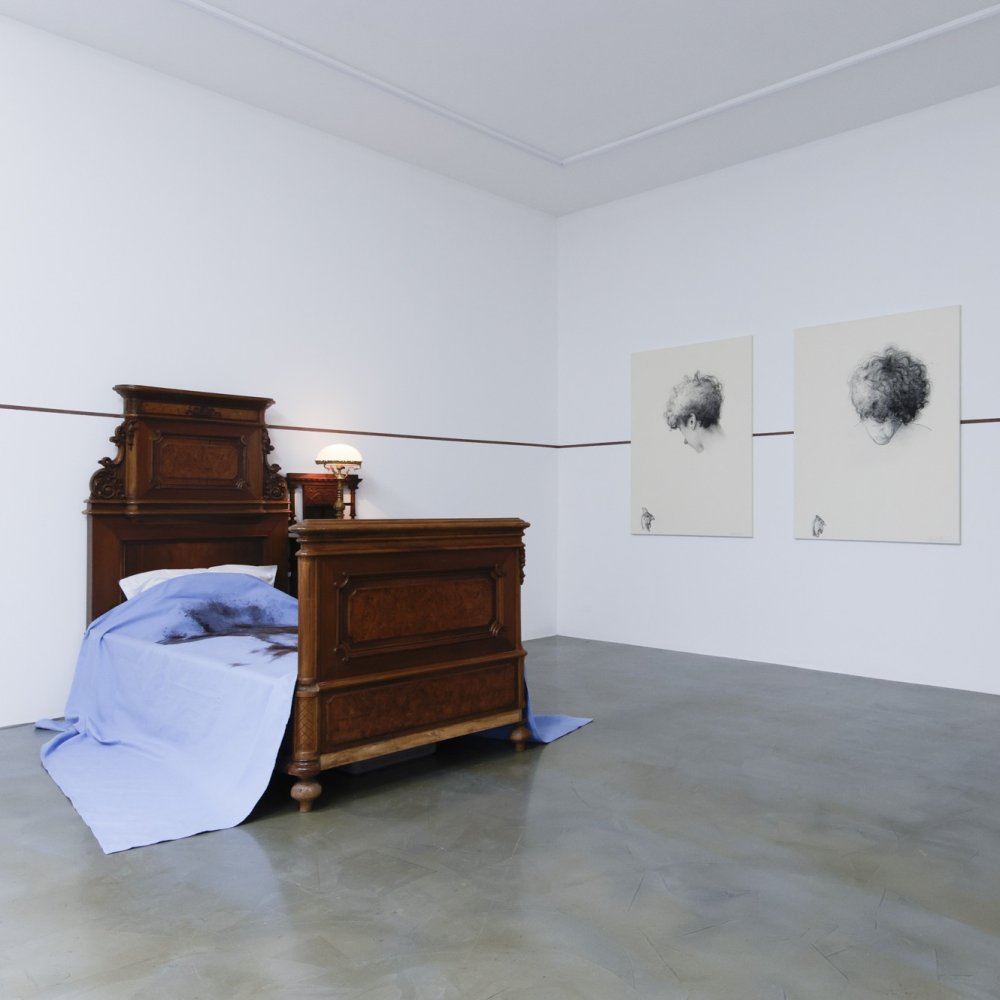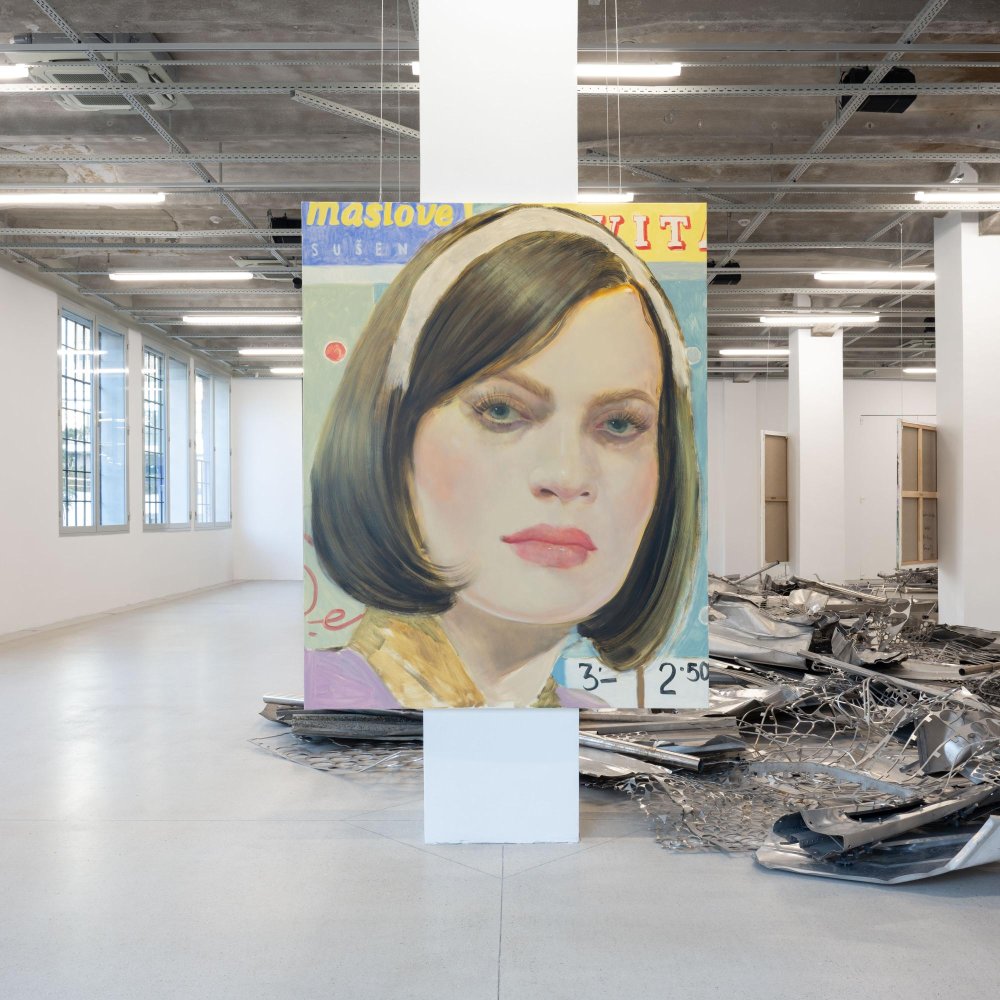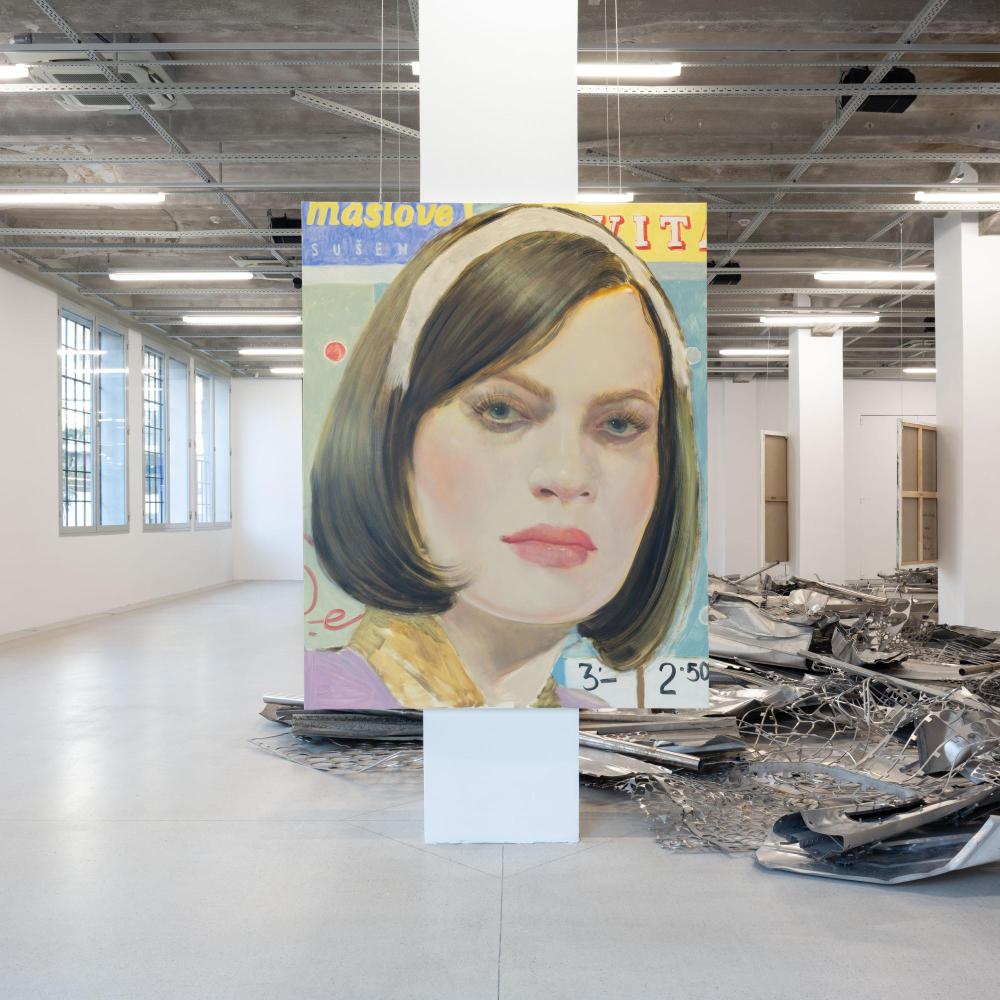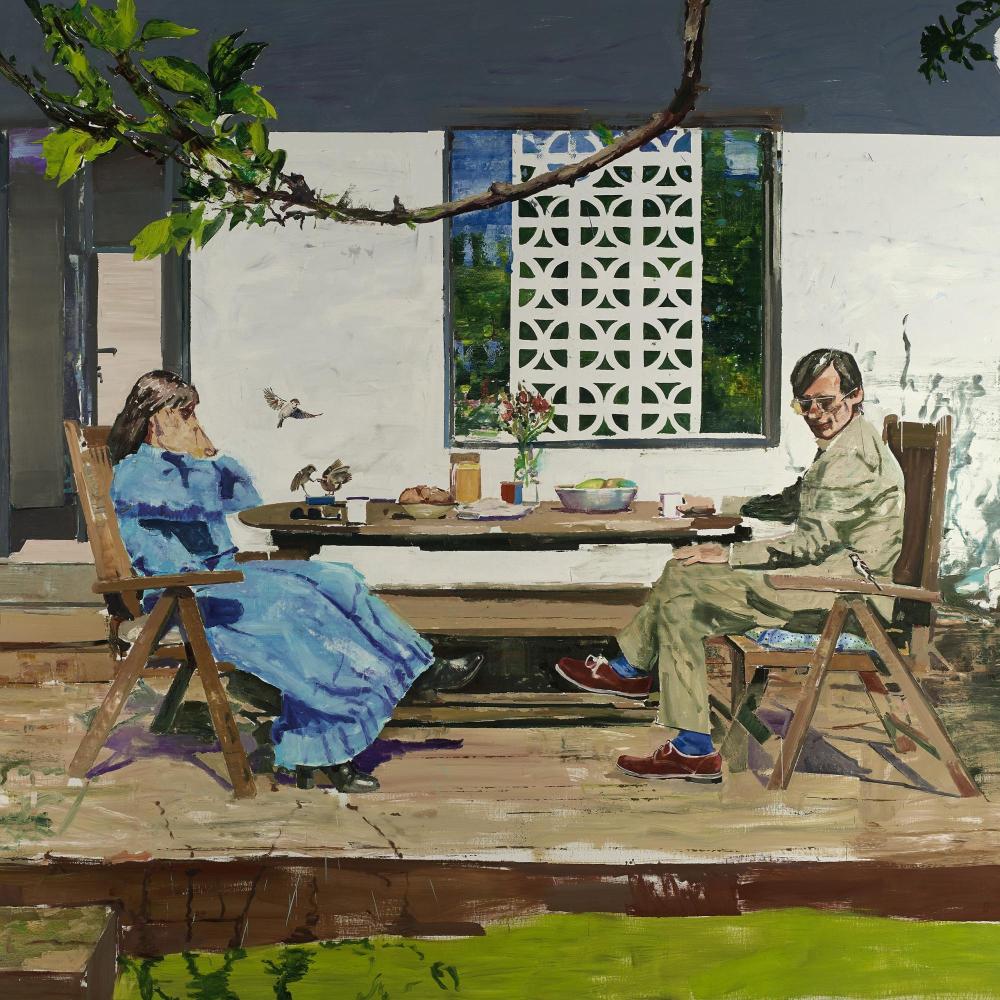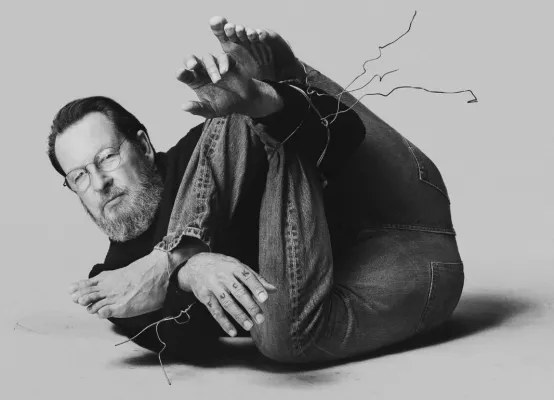
Rebel, controversial author and enfant terrible of world cinema. The name Lars von Trier is familiar to anyone with even a passing interest in film. If you don't know him, it's as if he wasn't. The Danish screenwriter and director, multiple winner of leading film awards and one of the authors of the most important filmmaking movement of modern cinema will be the main topic of the Telegraph Cinema Film Club in late November and early December. It would be hard to find a filmmaker less festive and more appropriate for the quiet Christmas holidays.

After 28 11 2022 20:00
THE IDIOTS
A graduate of the Danish National Film School, he has been collecting film awards since his student days, but achieved worldwide prestige early in the 1980s with his noir-soaked trilogy (THE ELEMENT OF CRIME, EPIDEMIC, EUROPE). His now cult horror series THE KINGDOM, which changed the theme of hospital settings forever and whose sequel in the form of another series was only recently completed, also resonated strongly. Von Trier has always tried to push the boundaries of possible (or permissible) subject matter, while perfectly demonstrating technical precision and a flair for new kinds of storytelling. His fundamental contribution to the vision of contemporary cinema was changed forever by his contribution to the film manifesto DOGMA 95, which was made in collaboration with a group of other Danish filmmakers and which brought back a raw authenticity to filmmaking. The aim of the manifesto was to purge cinema of the corrosive influence of overproduction and the falseness of film fiction that he saw so much of in Hollywood productions. Dogma's films were thus suddenly pure, powerfully provocative, yet deeply grounded in everyday reality.

After 5 12 2022 20:00
DANCER IN THE DARK
And that brings us to the first film of Trier's work we'll be screening as part of our mini-show, IDIOTS. This fictional film set in a gated community of people who like to pretend they suffer from mental disorders shocked all contemporary audiences and was nominated for the main prize at Cannes for that reason. Seeing this film on the big screen is a unique opportunity. However, Dogme 95, the exact specifics of which we will elaborate on before the screening itself, is highly restrictive for filmmakers, and so Von Trier logically soon returned to the classic film language of fiction, where he could more easily fabricate time and space. He began the new millennium with DANCER IN THE DARK, where Icelandic singer Björk excelled as a Czechoslovakian immigrant who gradually loses her sight. His style of fragmented storytelling about the most difficult existentialist themes was suddenly combined with the genre of the musical, pushing the boundaries of what the film medium would allow once again. Therefore, this film is the second example of his typical work. The last film of the show by this filmmaker is the cult existentialist horror film ANTICHRIST. Hypnotic and brimming with symbolism, this work about the endlessly plight of a married couple whose child dies while they indulge in passionate sex is Von Trier's opus, loved by many as much as it is hated by others. The shock that Von Trier throws you into through his haunting visuals and provocative situations will stay with you long after watching. A holiday of peace and tranquility, this film is sure to shatter.

After 12 12 2022 20:00
ANTICHRIST
Von Trier, across his nearly forty years of work, has demonstrated a command of the medium of film, and his other films like DOGVILLE, BREAKING THE WAVES, MELANCHOLIA, NYMPHOMANIAC and THE HOUSE THAT JACK BUILT, which we don't have the time or space to screen, are indelibly etched in the history of European cinema, often as the most provocative works cinema has ever allowed. The controversy surrounding some of his statements in recent years (for example, his alleged fascination with Nazism or signs of chauvinism) has also accompanied his name for years, but these are not our concern. For with Trier, it is sometimes hard to tell whether he is joking or whether he means what he says. A film, like any work of art, always stands on its own, no matter how, to put it in hyperbole, self-crazed the filmmaker is.
By Michael Bukovansky
